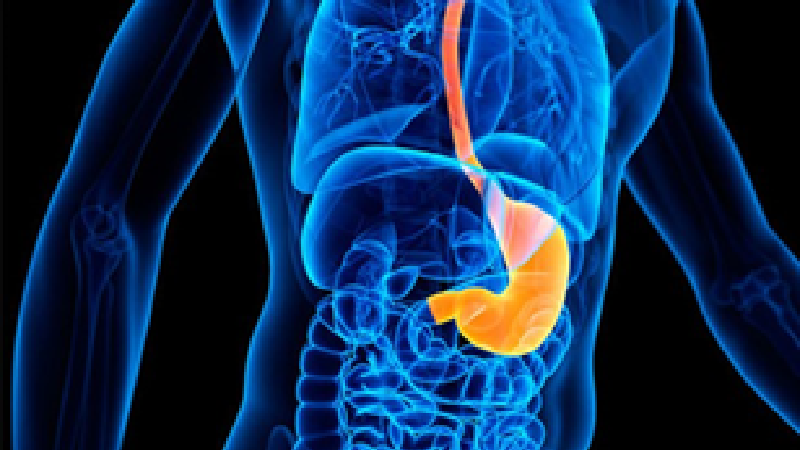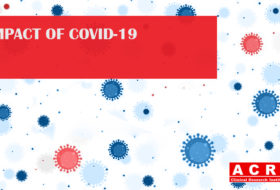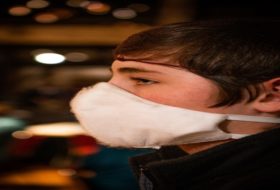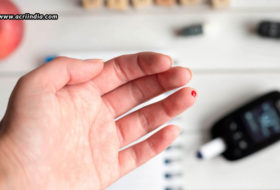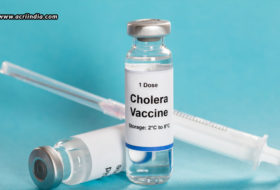Gastroesophageal reflux disease (GERD) is when food or liquid travels from the stomach back up into the esophagus (the tube from the mouth to the stomach). This partially digested material is usually acidic and can irritate the esophagus, often causing heartburn and other symptoms. Our digestive system is supposed to be a one-way street. Food enters our stomach where it is broken down so that nutrients can be absorbed before being excreted out via the intestines and colon. Guarding the entrance to our stomach is a ring of muscle fibers called the lower esophageal sphincter (LES). The LES prevents swallowed food from moving back up the esophagus and normally remains tightly closed until we swallow. People with heartburn and GERD have a weakened LES that allows partly digested stomach contents to leak back up the esophagus – causing symptoms.
GERD Symptoms
- A feeling that food is stuck behind your breastbone or feeling like there is a lump in your throat.
- Chest pain.
- Feeling sick after eating food.
Other not-so-common symptoms include:
- Bringing food back up (regurgitation).
- Coughing or wheezing.
- Difficulty swallowing.
- Hoarseness or a noticeable change in your voice or developing a sore throat.
GERD Treatment:
Antacids work by neutralizing the stomach acid that causes heartburn and GERD symptoms. They contain ingredients such as aluminum, calcium, magnesium, or sodium bicarbonate which act as bases (alkalis) to counteract stomach acid and make its pH more neutral. (Gelucil, Titralac, Mylanta, etc.)
H2 blockers reduce acid production in the stomach by blocking signals that tell the stomach to make acid
(Famotidine, Cimetidine, and Nizatidine)
Proton pump inhibitors (PPI) suppress gastric acid secretion by shutting down the stomach proton pumps.
This is the final stage of acid secretion which makes PPIs more effective than H2 blockers. PPIs take a bit longer than H2 blockers to start working. Different brands of PPIs include dexlansoprazole (Dexilant), esomeprazole (Nexium), lansoprazole (Prevacid) and omeprazole (Prilosec).
Good GERD Lifestyle Choices:
If your doctor has diagnosed you with GERD and is satisfied that nothing else is wrong with you, then you can make some lifestyle changes to improve your symptoms. Lose weight if you are overweight, stop smoking if
You smoke and cut back on alcohol if you drink. Avoid clothes that are too tight around the waistband and reduce the size of your meals. Stay away from acidic and spicy food and take all medications with a big glass of water. Eat smaller meals and remain upright after taking medications.
Avoid NSAIDs, such as aspirin and ibuprofen, and do not take medicines just before bed. It’s best to remain upright for at least 15 minutes after taking any medication.




